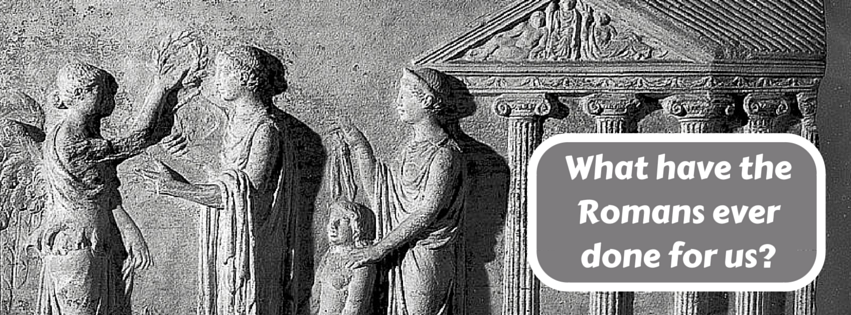On my way to work this morning, while stopped at a set of traffic lights, I spotted a man travelling into work by unicycle. He was riding admirably well, but I have to say, it’s not the kind of challenge I’d want to start my day with.
Taking my inspiration from the intrepid unicyclist, I’ve picked number prefixes for today’s etymology post. If you’re looking for meaningful ways to get numeracy into your classroom, this is slightly better than “count the number of exercise books as we hand them out”.
Let’s start with uni. As with many of the number prefixes, this comes from the Latin unus, meaning one. There are lots of uni words where the prefix means one – uniform, usingforma (shape, manner or type), unison, using sonus (sound), unicorn, using cornu (horn). There are then the words linked directly to the root, like unit and union.
Next we go to bi. which comes from bis (twice) – the word for the number two, duo, gives us other related words, and provides the root for many of the Romance languages (e.g. deux in French). We get bicycle, binoculars, biennial, and the more mathematical binary and bisect, using secare (to cut or intersect).
Now tri, from tres/tria – we get triangle via the very specific triangulus (three-cornered). Confusingly, we also get the same prefix from Greek – and this gives us words like tripod and triad.
Quad is one of my favourites, coming from quattour (four), but with links to quadratus (square). It seems misplaced to name a quadratic as such when its highest power is two, but returning to the Latin root, we can see exactly where this name has come from, perhaps also preserving one of the most fundamental features of quadratic expressions – that they relate to area, two dimensions and (originally) to squares.
Quin unfortunately doesn’t get much of an outing, as it gets replaced mathematically by the Greek pent (five), giving us pentagon and pentacle. Rather fantastically though, the word “quintessence” traveled all the way from Latin quinta essentia – literally the “fifth essence” or the fifth element (after earth, air, fire and water), used to describe the substance that heavenly or cosmic bodies were made of – to the current physical usage of quintessence, proposed as a fifth fundamental force. It even has an equation.
You’ll probably get some more number prefixes tomorrow – I’ve only managed the fingers on one hand. We’ve not even got to dec- or cent- yet, and I’m quite enjoying using the Latin dictionary I haven’t touched for ten years.
In the meantime, Happy Pancake Day, and I thoroughly recommend geeking out and watching two chaps from UCL tell you how to make the perfect pancake.
Image credit: http://wellcomeimages.org/indexplus/image/L0013864.html, CC BY 4.0,commons.wikimedia.org/w/index….
